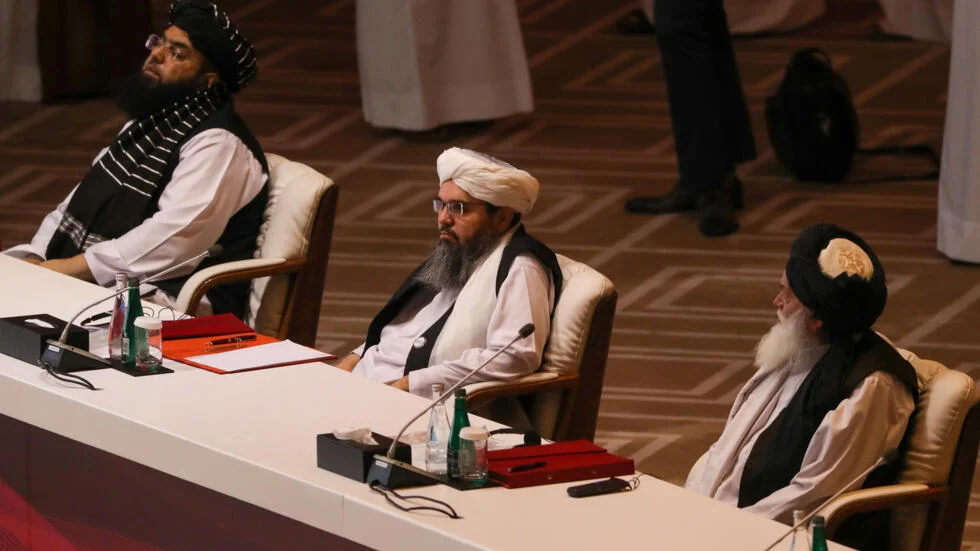Mullah Baradar Akhund, Political Deputy Amir, IEA, the Head of the Political Office, and his delegation met Muhammad Ibrahim Tahiryan, Special Representative of the Islamic Republic of Iran for Afghanistan and his delegation in Doha which is center of political activities regarding Afghan peace deal. A high-level Taliban delegation has been residing there for several years which represents the Afghan Taliban. Afghan Taliban has a political office there that works as a contact point with the Taliban fighter and their leadership, which they call a political office.
The office is very active from the past year, especially after the Taliban signal of talks with the US.
Yesterday IEA political office spokesperson Suhail Shaheen released details of meeting between Taliban and Iranian delegation in Doha. According to tweets the deputy, the political head of the IEA emphasized better behavior with Afghan refugees in Iran according to the spirit of Muslim brotherhood. Sources say that recently a delegation of IEA political office visited Iran to witness the situation on the ground after hearing rumors of inhuman treatment of Iranian official with Afghan refugees and submitted a report to IEA leadership
Nowadays political leadership of the Afghan Taliban or Islamic Emirate of Afghanistan is continuously having to meet up with representatives of neighboring countries and regional players.
The matter concerning Afghan migrants, border issues, and mechanisms for future coordination with these countries is the agenda of these meetings. According to IEA media reports, Taliban leadership is very concerned regarding Afghan refugees and trying its best to ease their tensions and solve border issues. They are very confident that with peace in Afghanistan these refugees would return to their home and enjoy peaceful lives.



![Ukrainian and Russian flags with soldier silhouettes representing ongoing conflict. [Image via Atlantic Council].](https://southasiatimes.org/wp-content/uploads/2026/02/2022-02-09T000000Z_1319661209_MT1NURPHO000HXCNME_RTRMADP_3_UKRAINE-CONFLICT-STOCK-PICTURES-scaled-e1661353077377.jpg)


